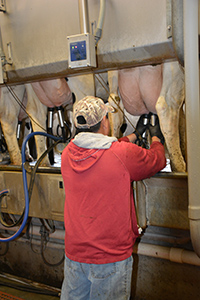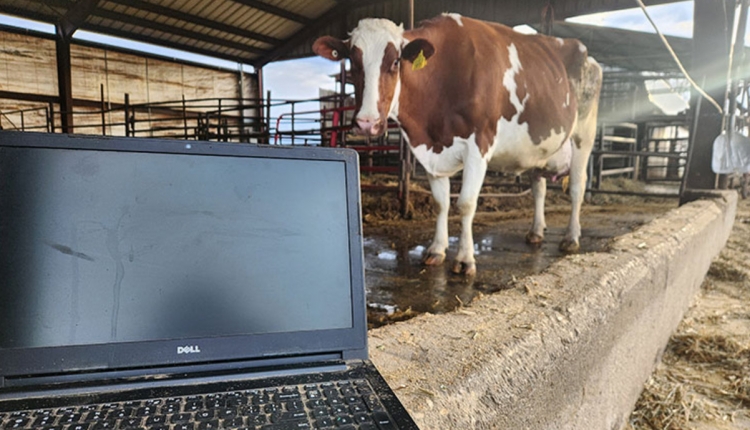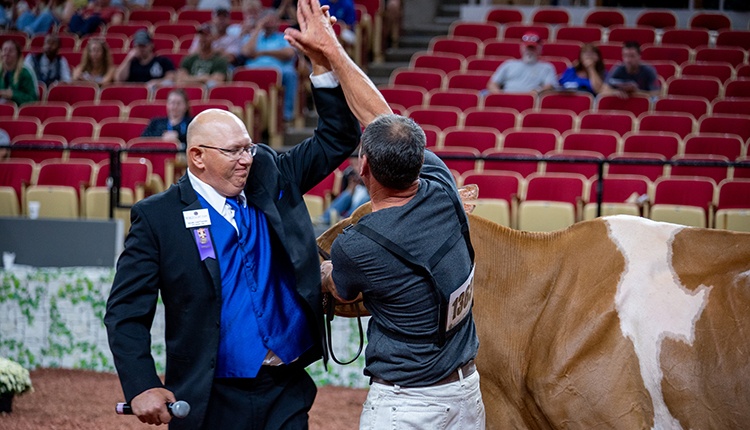Broussard doesn't work specifically with agricultural clients, but her advice can certainly carry over to a dairy farm setting. One area she discussed was what she dubbed the "Five Firsts"- five times employers should check in with their new employees.

The initial "First" is the employee's first day. "This is the most important time spent with the person," she said. Broussard explained that the goal is to leave a positive impression. Make the person "feel chosen" for the job, and be sure they know how important their job is and how it fits into the big picture.
The second "First" is the end of the first day. Take this time to reinforce positives and diffuse negatives. Ask if they had the tools, information and training they needed to feel comfortable during that first day. Broussard said to also ask them what you as an employer could do better to help them acclimate to the job.
The third "First" is the end of the first week. Broussard said to sit down with the person and assess their week and experience. Solicit feedback from this new team member.
The fourth "First" is after the first paycheck. Broussard encouraged employers to state their appreciation for their new employee's work, and use the paycheck as a way to say "thank you" to that person for joining your team.
The final "First" is at the end of 30 days. Evaluate the person's initiative and ability to work without supervision. Does the person live by the company values? Ask yourself if you have done everything you can to help this person be successful. "Sometimes, the on-boarding process has holes in it," Broussard said. This is a good time to evaluate both the employee and your training process.
"Sometimes people say they don't have time to keep checking in with new employees. I say you don't have time not to," Broussard said. "An unhappy, unproductive employee is detrimental to everything."
Whether you have one employee on your farm or dozens, the people working for you need and deserve proper training so that they can do their job well. In the end, you stand to benefit, too.
"The most expensive person you hire is the one you have to fire," Broussard said. Step up your on-boarding process so the people who leave your dairy prematurely are fewer and farther between.

The author is an associate editor and covers animal health, dairy housing and equipment, and nutrient management. She grew up on a dairy farm near Plymouth, Wis., and previously served as a University of Wisconsin agricultural extension agent. She received a master's degree from North Carolina State University and a bachelor's from University of Wisconsin-Madison.









